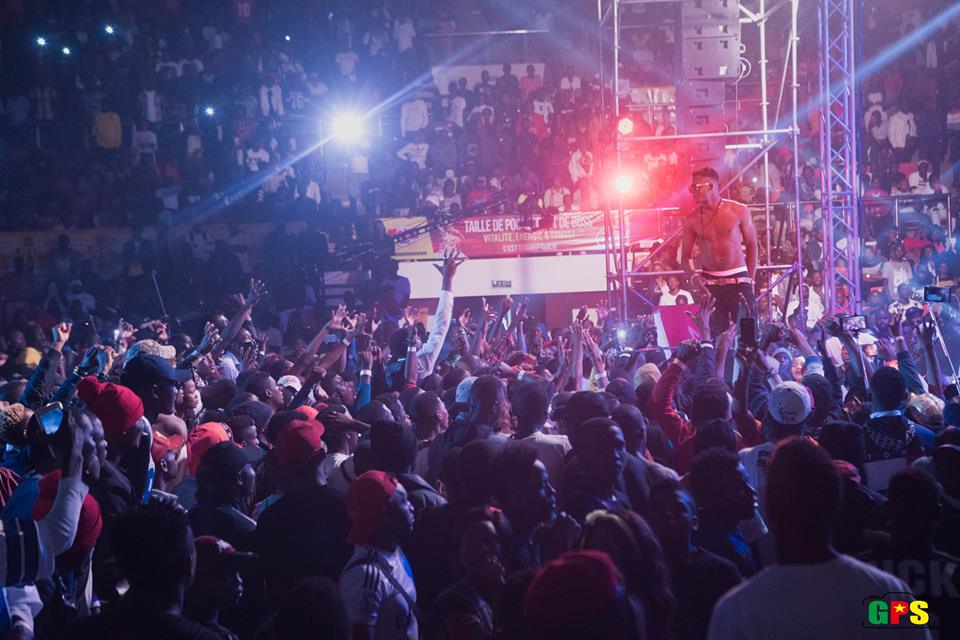Organizing a concert can be an exciting and rewarding experience, but it also comes with its share of challenges.
From initial planning to complex logistics, artist management and audience satisfaction, organizing a concert requires a great deal of effort and preparation.
In this article, we'll explore the main difficulties that can be faced when organizing a concert.
1. Selecting the artists
The first challenge is the selection of artists. It can be difficult to find quality artists who match the musical genre and concert style you want to organize. What's more, negotiating contracts and managing artist fees can be a challenge in itself.
2. Finding and booking a suitable venue
Finding and booking a suitable venue for your concert can be a daunting task. Elements such as capacity, acoustics, available technical equipment and date availability need to be taken into account. In addition, negotiating rental contracts and managing the logistical aspects associated with the venue can be complex.
3. Managing financial resources
Organizing a concert requires significant financial resources. Finding sponsors, applying for grants or selling tickets can be a challenge to secure the necessary funding. It's essential to manage the allocated budget effectively, anticipate unforeseen costs and find ways to maximize revenue while keeping ticket prices affordable for the public.
4. Promotion and ticket sales
Concert promotion and ticket sales can be a major challenge. An effective marketing strategy must be developed to reach the target audience, using social networks, local media and other communication channels to spread the word about the event. Managing ticket sales platforms, handling bookings and communicating with buyers can also be complex tasks.
5. Logistics management
Managing the logistics of a concert can be complex and demanding. It involves coordinating artist schedules, rehearsals, stage set-up, sound, lighting, security, on-site personnel, ticket management and much more.
6. Schedule management
Coordinating the schedules of artists, technicians and staff can be a real challenge. It's important to make sure that everyone is available at the right times, and to provide adequate time slots for rehearsals, sound checks and scene changes.
7. Equipment logistics
Ensuring the availability and proper functioning of all necessary equipment, such as musical instruments, sound equipment, lighting, video screens, etc., can be a complex task. Back-up solutions must also be provided in the event of technical problems.
8. Managing the unexpected
The unexpected can happen at any time, whether it's last-minute cancellations, technical problems, delays, artists' health problems, etc. It's important to be flexible and to take into account the needs of the event. It is important to be flexible and to be able to react quickly to solve these problems and minimize their impact on the event.
9. Managing artist requirements
Each artist may have specific requirements in terms of dressing rooms, catering, transportation, etc. It is important to communicate well with artists and try to meet their needs as far as possible.
10. Audience satisfaction
Ensuring that the audience has a good time and is satisfied with the concert experience can be a challenge. You need to consider audience expectations, provide good sound and visibility, provide amenities such as restrooms and food outlets, and ensure that safety is maintained throughout the event.
These are just some of the challenges you may face when organizing a concert.
Every event is unique and presents its own challenges. With proper planning, efficient management and adequate preparation, you can overcome these difficulties and organize a successful concert.
Grena Event offers tailor-made solutions to simplify event organization. Discover the functionalities of our online ticketing, analysis, access control and attendee chat tools.
Create your next event on www.grena.cm









